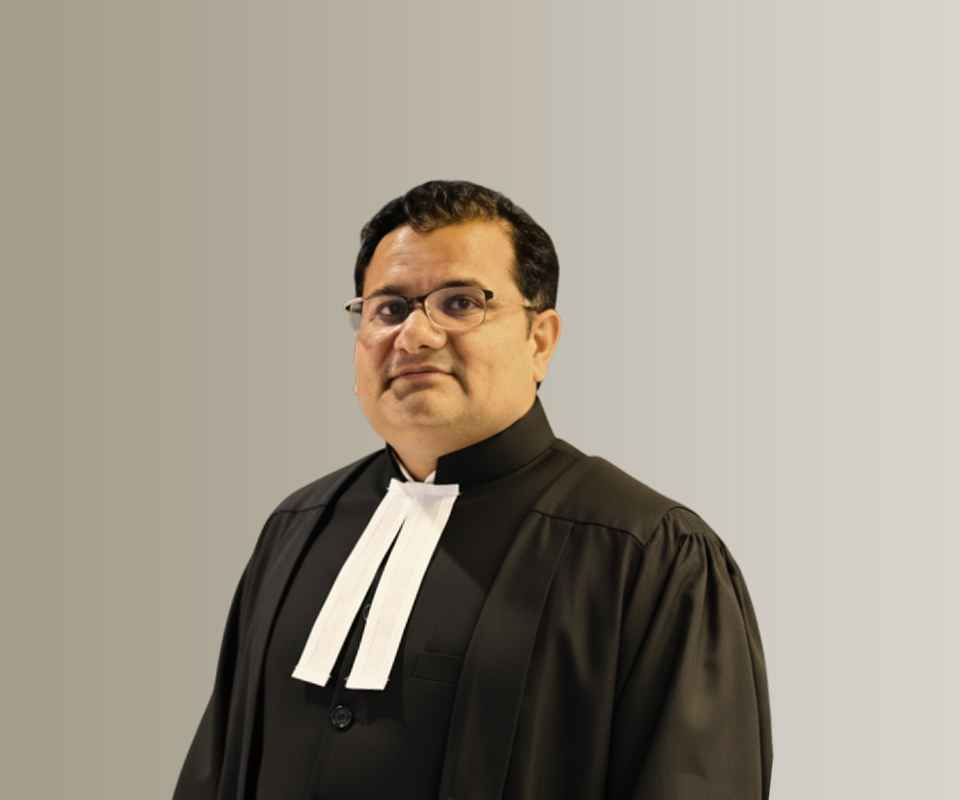Answer By law4u team
Bharatiya Nagarik Suraksha Sanhita, 2023 - Section 142: Power to release persons imprisoned for failing to give security
(1) Whenever the District Magistrate in the case of an order passed by an Executive Magistrate under section 136, or the Chief Judicial Magistrate in any other case is of opinion that any person imprisoned for failing to give security under this Chapter may be released without hazard to the community or to any other person, he may order such person to be discharged.
(2) Whenever any person has been imprisoned for failing to give security under this Chapter, the High Court or Court of Session, or, where the order was made by any other Court, District Magistrate, in the case of an order passed by an Executive Magistrate under section 136, or the Chief Judicial Magistrate in any other case, may make an order reducing the amount of the security or the number of sureties or the time for which security has been required.
(3) An order under sub-section (1) may direct the discharge of such person either without conditions or upon any conditions which such person accepts: Provided that any condition imposed shall cease to be operative when the period for which such person was ordered to give security has expired.
(4) The State Government may prescribe the conditions upon which a conditional discharge may be made.
(5) If any condition upon which any person has been discharged is, in the opinion of the District Magistrate, in the case of an order passed by an Executive Magistrate under section 136, or the Chief Judicial Magistrate in any other case by whom the order of discharge was made or of his successor, not fulfilled, he may cancel the same.
(6) When a conditional order of discharge has been cancelled under sub-section (5), such person may be arrested by any police officer without warrant, and shall thereupon be produced before the District Magistrate, in the case of an order passed by an Executive Magistrate under section 136, or the Chief Judicial Magistrate in any other case.
(7) Unless such person gives security in accordance with the terms of the original order for the unexpired portion of the term for which he was in the first instance committed or ordered to be detained (such portion being deemed to be a period equal to the period between the date of the breach of the conditions of discharge and the date on which, except for such conditional discharge, he would have been entitled to release), the District Magistrate, in the case of an order passed by an Executive Magistrate under section 136, or the Chief Judicial Magistrate in any other case may remand such person to prison to undergo such unexpired portion.
(8) A person remanded to prison under sub-section (7) shall, subject to the provisions of section 141, be released at any time on giving security in accordance with the terms of the original order for the unexpired portion aforesaid to the Court or Magistrate by whom such order was made, or to its or his successor.
(9) The High Court or Court of Session may at any time, for sufficient reasons to be recorded in writing, cancel any bond for keeping the peace or for good behaviour executed under this Chapter by any order made by it, and the District Magistrate, in the case of an order passed by an Executive Magistrate under section 136, or the Chief Judicial Magistrate in any other case may make such cancellation where such bond was executed under his order or under the order of any other Court in his district.
(10) Any surety for the peaceable conduct or good behaviour of another person ordered to execute a bond under this Chapter may at any time apply to the Court making such order to cancel the bond, and on such application being made, the Court shall issue a summons or warrant, as it thinks fit, requiring the person for whom such surety is bound to appear or to be brought before it.
Brefe Detail
This section outlines the powers of various judicial authorities to release individuals imprisoned for failing to provide required security. It details the conditions under which these individuals may be discharged, including the ability of the High Court or other courts to reduce security requirements. It also covers the circumstances in which a conditional discharge may be canceled and the process for sureties to seek the cancellation of bonds.
Question & Answers
Q1: Who can order the release of a person imprisoned for failing to give security?
A1: The District Magistrate or the Chief Judicial Magistrate can order the release if they believe it poses no hazard to the community.
Q2: What can the High Court or Court of Session do regarding security amounts?
A2: They can reduce the amount of security, the number of sureties, or the time for which security is required.
Q3: What happens if a person fails to meet the conditions of a conditional discharge?
A3: The District Magistrate or Chief Judicial Magistrate may cancel the discharge, allowing for the person to be arrested again.
Q4: Can sureties request the cancellation of a bond?
A4: Yes, any surety may apply to the Court to cancel the bond, leading to a summons for the person bound.
Example
1. A person is imprisoned for not providing security as ordered. The District Magistrate evaluates the case and determines the individual can be released without risk, issuing a discharge order.
2. If a conditional discharge is granted with specific terms, and the individual violates those terms, they may be arrested and remanded back to prison.
3. A surety who feels the conditions are not being met can file a request with the court, prompting a review of the bond.
Summary
Section 142 establishes the framework for the release of individuals imprisoned due to security defaults. It empowers magistrates to assess risks, adjust security requirements, and manage the processes around conditional discharges and the roles of sureties in these proceedings.







